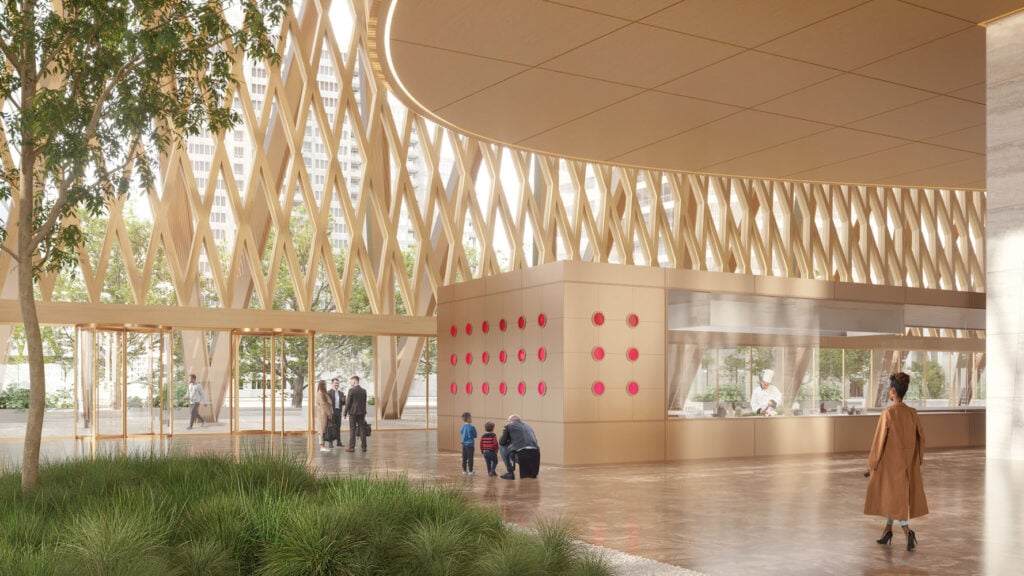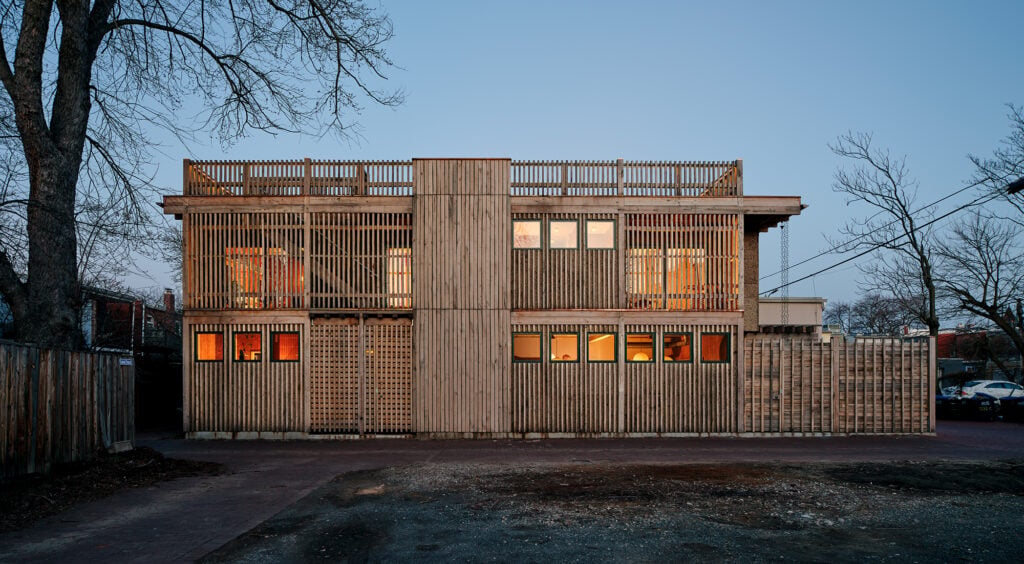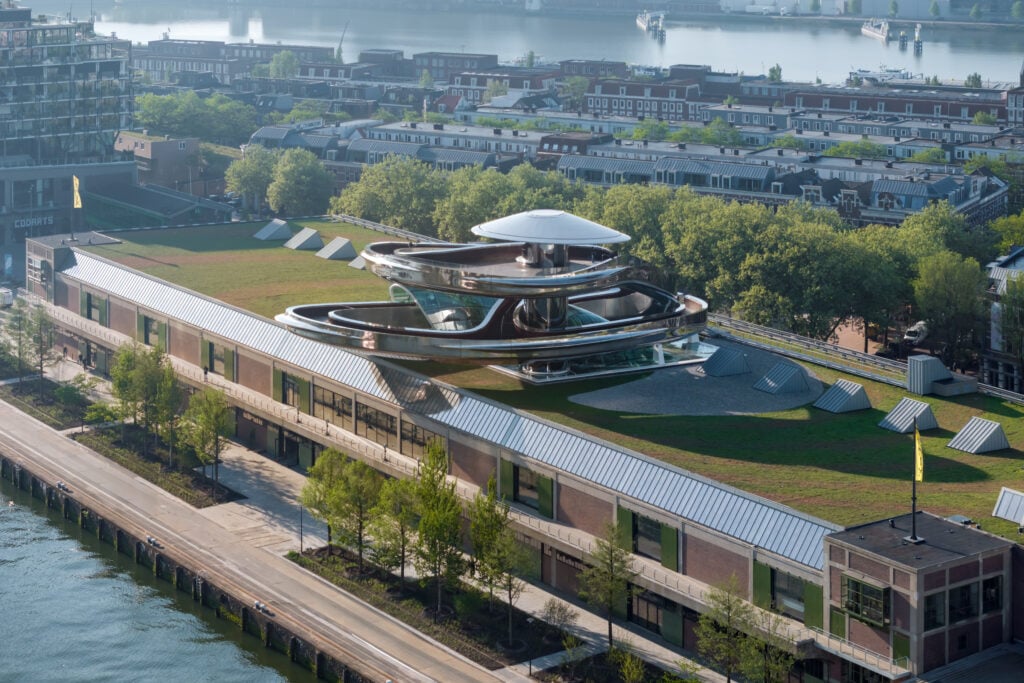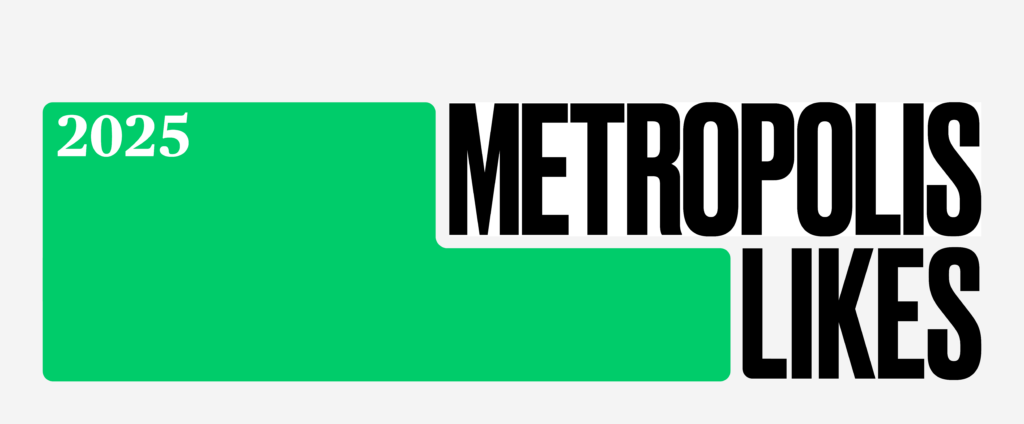
September 23, 2021
Resilience at Work: The Intersection of Equity, Climate, and Health
The pandemic made the business case for sustainable environments
Charles Marshall, engineer and Partner at Dialog
“It’s about safety and resilience together,” said Rajagopal. “It’s also connecting ideas to safety—individual mental and social health. How connected do people feel to each other?”
An interior designer on the panel argued for socially aware spaces that accommodate diverse populations. “It’s about social change,” said Cohen, partner, interior designer, DIALOG, the firm that hosted the event. “We look at spaces that support people from many backgrounds. An example is gender neutral bathrooms, which clients are demanding more and more.”
Another panelist, Jamie Qualk, vice president, building mechanical systems, WSP, said that the pandemic has increased the need for data to assess tenant and employee needs. “It’s really early days for artificial intelligence in the design and construction business,” he said. “Soon we will have control over useful data sets. In ten years, we’ll have more tools.”
Charles Marshall, partner, engineer, DIALOG, pointed to another positive outcome from COVID: “The pandemic made the business case for sustainable environments. For example, furniture vendors have been very responsive to low carbon manufacturing.”
In environmentally friendly northern California, Gonzales pointed to proactive laws that facilitate the transition from carbon to renewable energy. “In San Francisco they’ve instituted a policy to remove all gas from buildings,” he said. “Sustainability has moved from the last bullet point to the second bullet point.” Qualk echoed this idea: “The state is now requiring a carbon neutrality. In California we’re talking a lot about electrification. It’s coming to California and possibly elsewhere.”
Resilience and building longevity were on all panelists’ minds. Marshall cited his firm’s work on a hybrid wood tower comprised of wood, steel and concrete. “This experiment in tall wood construction will not only last a long time but help us move clients toward their goals of being carbon neutral by 2030.”

The Think Tank discussions were held on July 8, 15, and 22. The conversations were presented in partnership with Corona Group, GROHE, and Trendway.
Would you like to comment on this article? Send your thoughts to: [email protected]
Latest
Profiles
BLDUS Brings a ‘Farm-to-Shelter’ Approach to American Design
The Washington D.C.–based firm BLDUS is imagining a new American vernacular through natural materials and thoughtful placemaking.
Projects
MAD Architects’ FENIX is the World’s First Art Museum Dedicated to Migration
Located in Rotterdam, FENIX is also the Beijing-based firm’s first European museum project.
Products
Discover the Winners of the METROPOLISLikes 2025 Awards
This year’s product releases at NeoCon and Design Days signal a transformation in interior design.





